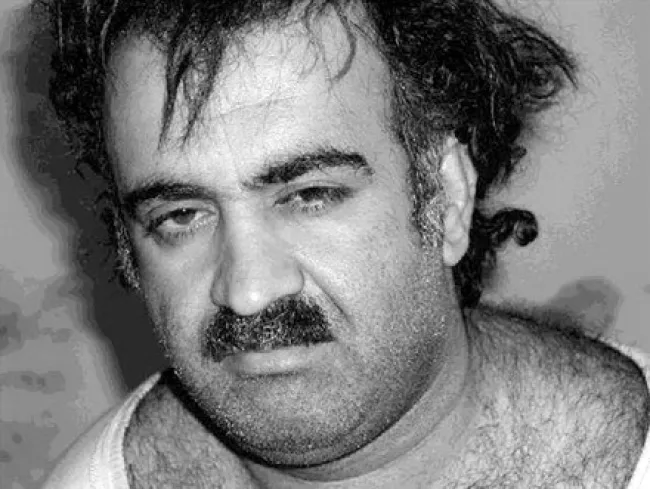Khalid Shaikh Mohammed’s Deal with the Devil: Torture, Justice, and the Cost of America’s Closure
In a stunning turn of events, Khalid Shaikh Mohammed, the self-proclaimed architect of the 9/11 attacks, has agreed to a plea deal that could redefine justice in the shadow of America’s darkest day.
Despite years of alleging torture at the hands of the CIA, Mohammed has consented to let prosecutors use parts of his controversial 2007 confession—one he claims was extracted through waterboarding, beatings, and "enhanced interrogation techniques"—in exchange for avoiding the death penalty. This isn’t just a legal maneuver; it’s a moral battleground reigniting debates over torture, accountability, and the true cost of closure.
The Devil’s Bargain: Key Details
Torture at the Forefront
Mohammed’s defense has long argued that his 2007 confession was coerced under extreme duress, citing 183 waterboarding sessions, sleep deprivation, and other brutal methods employed at CIA black sites. Yet, in a dramatic reversal, Mohammed has agreed to allow prosecutors to selectively use parts of that confession if it guarantees a life sentence over execution.
Plea Deal Controversy
The plea deal, which took 27 months to negotiate, would spare Mohammed and two co-defendants—Walid bin Attash and Mustafa al-Hawsawi—from the death penalty. However, U.S. Defense Secretary Lloyd Austin is pushing to block the agreement, arguing it denies the public a full trial and undermines the gravity of the crimes committed.
Families Divided
For the families of 9/11 victims, the deal has become a polarizing issue. Some see it as a step toward long-overdue closure, while others view it as a betrayal of justice for the nearly 3,000 lives lost. The Biden administration is working to halt the agreement, and a federal court has temporarily frozen proceedings, leaving all parties in limbo.
A Trial for the Record Books
If the deal proceeds, a sentencing trial would follow, formally documenting Mohammed’s crimes. Victims’ families would have the opportunity to deliver impact statements and confront the man responsible for orchestrating one of the most devastating attacks in U.S. history.
The Bigger Picture: Justice on Shaky Ground
This case transcends Khalid Shaikh Mohammed. It highlights the murky ethical and legal landscape left in the wake of 9/11. The U.S. government’s use of torture has not only tainted the credibility of Mohammed’s confession but also cast a long shadow over the military tribunal system.
The questions are profound: Can justice truly be achieved when built on a foundation of torture? What does this say about a nation still grappling with the moral fallout of its post-9/11 decisions?
Mohammed, detained at Guantánamo Bay since 2006, is among just 15 prisoners remaining at the infamous detention center. While this plea deal could close his chapter, it’s unlikely to quell criticism or heal wounds. Instead, it underscores an unsettling truth: the road to justice is rarely straightforward and often paved with compromises that leave a bitter taste.
